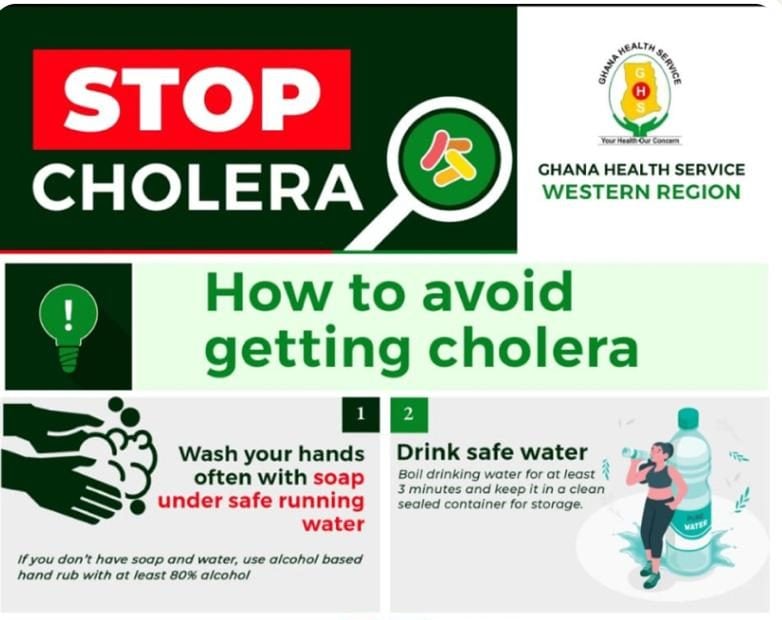Cholera, an acute diarrheal infection caused by ingestion of contaminated food or water, poses a significant threat to public health, especially in regions with inadequate sanitation and hygiene practices. The Central Regional Environmental Health Office in Ghana has issued a stern warning to families who experience the loss of a loved one to cholera, emphasizing the critical importance of immediate burial. This urgent measure is necessary due to the highly infectious nature of cholera victims’ bodies, which, if not handled properly, can rapidly escalate the spread of the disease and potentially trigger widespread epidemics. The office underscores the crucial need for families to collaborate closely with environmental health officials to ensure the safe and timely burial of the deceased.
The call for immediate burial is rooted in the understanding of cholera’s transmission dynamics. Vibrio cholerae, the bacterium responsible for cholera, thrives in contaminated environments and can quickly spread through direct contact with infected bodily fluids. In the case of a cholera fatality, the deceased’s body carries a high concentration of the bacteria, posing a serious risk of contamination to those who handle the body and the surrounding environment. Delaying burial increases the likelihood of exposure to the bacteria, significantly raising the risk of further infections within the family and the wider community. The prompt and proper disposal of the body, therefore, is paramount in containing the spread of the disease.
To mitigate this risk, the Regional Environmental Health Officer, Mr. Emmanuel Owusu Ashia, has stressed the importance of immediate contact with the environmental health division following a cholera-related death. This crucial step enables health officials to implement appropriate disinfection procedures on the deceased’s body before burial. This disinfection process is essential in neutralizing the cholera bacteria, thereby protecting family members and others involved in the burial process from contracting the disease. Mr. Ashia’s plea emphasizes the collective responsibility in preventing further cholera transmission and reinforces the need for community-wide adherence to these critical safety measures.
The urgency of this message was amplified during a training session on risk communication for health officers in Cape Coast Metropolis, organized in direct response to a recent cholera outbreak. Mr. Ashia’s pronouncements underscored the severity of the situation, emphasizing the deadly nature of cholera and the importance of proactive preventative measures. He stressed the necessity of frequent handwashing, a simple yet highly effective measure in preventing the spread of the bacteria. He also advocated for the exclusive consumption of treated water, highlighting the critical role of safe water sources in preventing cholera infection. These measures are essential components of a comprehensive public health strategy aimed at mitigating the risks associated with cholera outbreaks.
In response to circulating rumors and media speculation, Mr. Samuel Kwabena Ofosu, the Cape Coast Metro Director of Health Services, clarified that no cholera-related deaths had been officially recorded in Cape Coast. While a suspected case had emerged, subsequent test results proved negative for cholera, dispelling initial concerns. This clarification aimed to address public anxieties and ensure accurate information dissemination amidst the ongoing outbreak. Mr. Ofosu further affirmed the Directorate’s unwavering commitment to combatting the outbreak, emphasizing the proactive steps being taken to contain the spread of the disease.
The Health Directorate’s response includes the formation and deployment of five specialized teams tasked with crucial public health interventions. These teams are strategically positioned in various areas to educate and sensitize the population about cholera prevention and control measures. They also play a vital role in disinfecting communities where cases have been recorded, eliminating potential sources of contamination and reducing the risk of further transmission. Contact tracing is another key function of these teams, enabling the identification and monitoring of individuals who may have been exposed to the disease, facilitating prompt intervention and preventing further spread. This comprehensive approach underscores the Directorate’s proactive stance and dedication to containing the outbreak effectively and protecting the community from the devastating impact of cholera.


